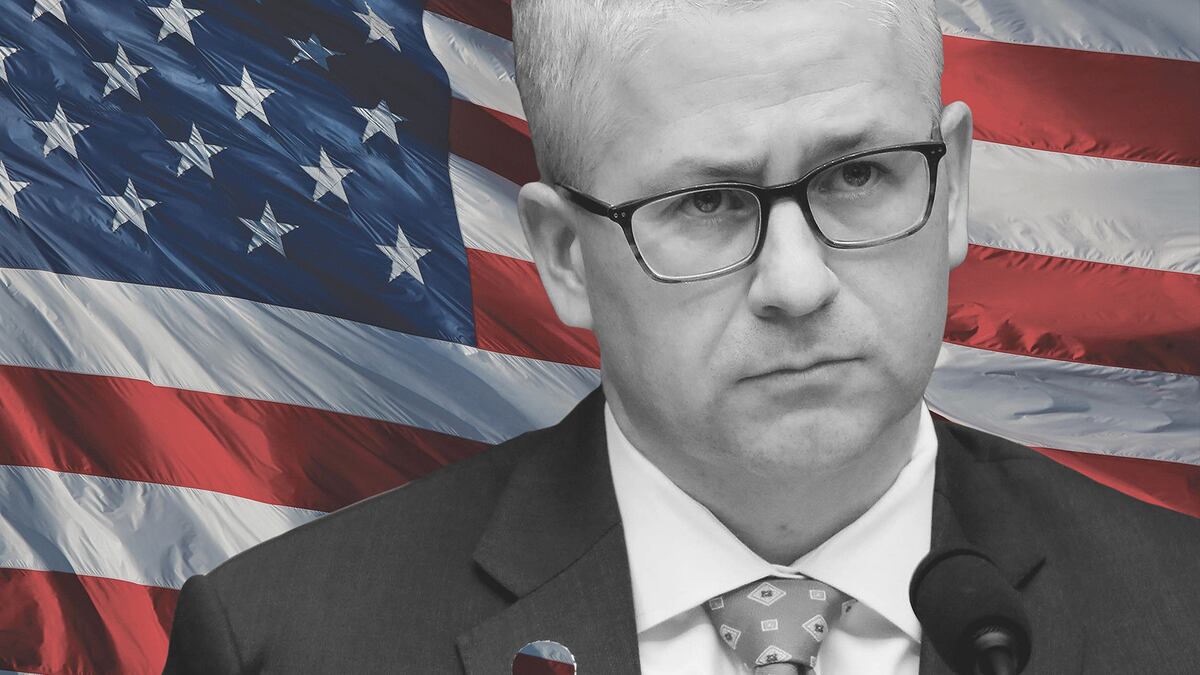- Militant organisation Hamas is known to received funding via cryptocurrencies.
- Many US lawmakers already associate crypto with money laundering and terrorist financing, so crypto-friendly bills could get short shrift.
A version of this story appeared in our The Guidance newsletter. Sign up here.
Hello, Joanna here.
As I wrote in this newsletter last week, the fraud trial of FTX founder Sam Bankman-Fried hurt the chances for tailored crypto legislation in the United States.
Now, the surprise assault by Hamas on Israel on October 7 may erase whatever slim chance there was for action on Capitol Hill.
Throughout the week, blockchain analysis firms and the media reported on how Hamas, a Palestinian militant organisation that governs the Gaza Strip, has long used cryptocurrencies to raise funding for its activities.
Articles on the front pages of major news outlets detailed how the sanctioned Hamas was able to sidestep the traditional banking system and receive crypto from its allies.
Senator Elizabeth Warren, a longtime scourge of the crypto industry, said on Wednesday that crypto is the “not-so-secret financial weapon funding terrorist organisations like Hamas, Chinese fentanyl networks and North Korea’s missile program.”
Crypto is the not-so-secret financial weapon funding terrorist organizations like Hamas, Chinese fentanyl networks and North Korea’s missile program. https://t.co/WDDzYzGJfG
— Elizabeth Warren (@SenWarren) October 11, 2023
Her colleague Senator Sherrod Brown, chair of the Senate Banking Committee, promised to examine the financing behind Hamas, and whether crypto was involved.
Crypto’s promoters pushed back.
Some pointed out that Hamas had actually told supporters to stop sending it crypto, as the transparent nature of the blockchain meant their payments were visible.
Coinbase’s chief legal officer Paul Grewal said in a post that the exchange does its utmost to prevent bad actors using its platform.
He called for “sensible crypto legislation passed here in the United States without further delay” so that the industry would not be pushed to “places where human rights and public safety mean much less.”
That's also why we need to sensible crypto legislation passed here in the United States without further delay. We need this industry flourishing in nations committed to the rule of law, not driven to places where human rights and public safety mean much less. 3/3
— paulgrewal.eth (@iampaulgrewal) October 11, 2023
But these defences may not be enough to convince lawmakers that crypto is a political winner — especially on the cusp of an election year.
Two crypto-friendly bills — both efforts led by House Financial Services Committee chair Patrick McHenry — were voted out of committee earlier this year, a big step toward becoming law.
One is a comprehensive effort to create a market structure for crypto. The other looks to regulate stablecoins.
It’s questionable whether these bills had much chance of getting through the Senate, where Warren holds sway over a significant anti-crypto faction.
But the bills’ chances appear to be well and truly scuppered now, at least under the Biden Administration.
Anti-crypto politicians in the US have long feared that crypto is funding nukes and allowing sanctioned individuals to get around prohibitions on their movement of assets.
Those fears are bolstered by allegations that Binance permitted Hamas to use its platform to launder money.
Last week, Israeli police froze crypto wallets on Binance used by Hamas to collect online donations, according to local Israeli media reports.
Warren has savvily mined those anxieties to garner support for her own crypto bill.
She has reached across the aisle and made common cause with Senator Roger Marshall, a national security hawk and co-sponsor of the bill, and Senator Lindsey Graham, an influential South Carolina Republican who is close to Donald Trump.
Warren, a staunch liberal from Massachusetts, has also rallied finance industry lobbyists behind the bill, which would usher in stricter money laundering protections against crypto.
Crypto may find powerful allies in the next administration. But for now, it’s difficult to see how tailored regulation can get anywhere near becoming law.
Reach out to the author at joanna@dlnews.com or Telegram @joannallama.
